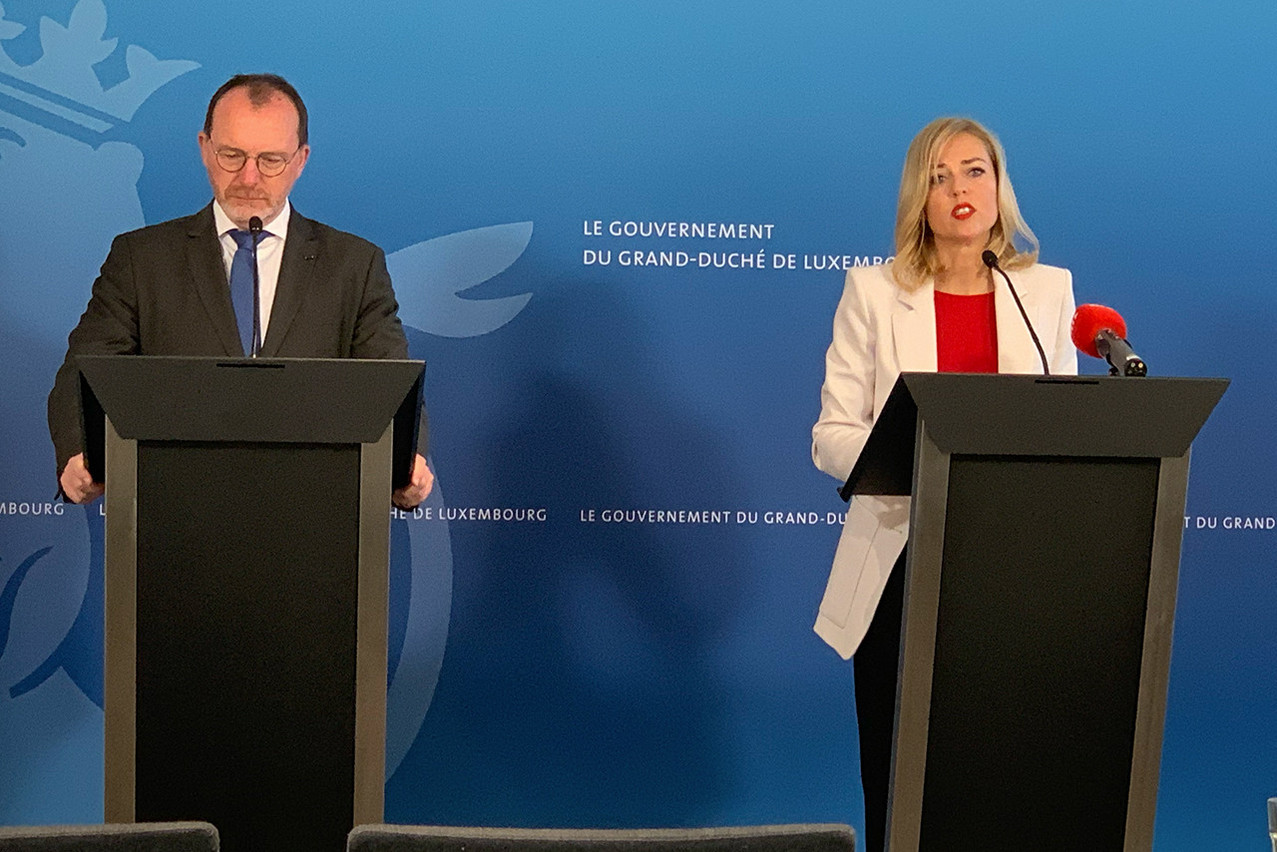A new tool, in the form of a brochure, complements the many measures put in place by the state to improve equality between women and men. In addition to the laws already adopted, the equal pay window and the Positive Action programme, this new brochure is intended as a practical tool to encourage companies to make further progress on this issue. The 15-page brochure provides practical tips and advice, but above all, it is a reminder that gender equality is a strategic issue for any company.
“Gender equality can be seen as one of the practical and effective solutions to contemporary challenges in the world of work. Anchoring equality in company policy does not only mean valuing employees, but also meeting on an equal footing in all decision-making processes,” says minister (LSAP).
In this respect, she highlights the progress made, particularly on the issue of equal pay. In 2007, the wage gap between women and men was 10.2%, by 2020 it had fallen to 0.7%. This makes Luxembourg the European leader in this area. This good progress is no doubt partly due to the law adopted in 2016, which enshrines equal pay in the labour code.
Progress on salaries, not on access to positions of responsibility
However, significant disparities remain, especially when looking at the number of women in positions of responsibility. Figures from the Equality Observatory for 2012 show that female employment in management positions is only 21.9%. As for management positions, only 4.1% are held by women. As well as equal pay, which is enshrined in law, the introduction of quotas in companies could be a way forward.

The new brochure explains in particular how SMEs are a decisive driver for better gender equality. It also aims to deconstruct certain clichés while enabling companies to assess themselves and to have the keys to implementing a strategy based on this equality. Photo: Maëlle Hamma/Maison Moderne
There is still a long way to go on this point. Labour minister (LSAP) confirms that “the Luxembourg labour market is still dominated by male employees.” The employment rate in 2021 for 15-64 year olds (excluding cross-border workers) was 73% for men and only 66% for women. In terms of the number of jobs in 2022, 282,000 were occupied by men, compared to 193,000 by women. Other data, such as the length of working life or the number of permanent contracts, also point in this direction.
A question of flexibility?
But how can the balance be reversed, or at least given a chance to become a little more balanced? The issue of , which is the subject of much debate, could be an interesting avenue. It appears today to be essential to promote a better balance between personal and professional life. For women, it often comes down to part-time jobs, which can go hand in hand with greater job insecurity. In 2022, 44,000 part-time jobs were held by women. Men had almost four times less, at 12,000.
While more flexible working hours may not achieve perfect parity in companies, it would create greater equality of opportunity between the sexes, giving women more opportunities to showcase their skills, as well as the chance to organise themselves according to their needs.
Read also
Finally, according to Engel, the changes that are underway in the field of work also represent interesting avenues. This is particularly the case for “digitalisation, which will offer new perspectives in the professional field.” He also stressed the importance of the subject of occupational health, which plays a role in the fight for greater equality between women and men in the world of work.
This story was first published in French on . It has been translated and edited for Delano.
